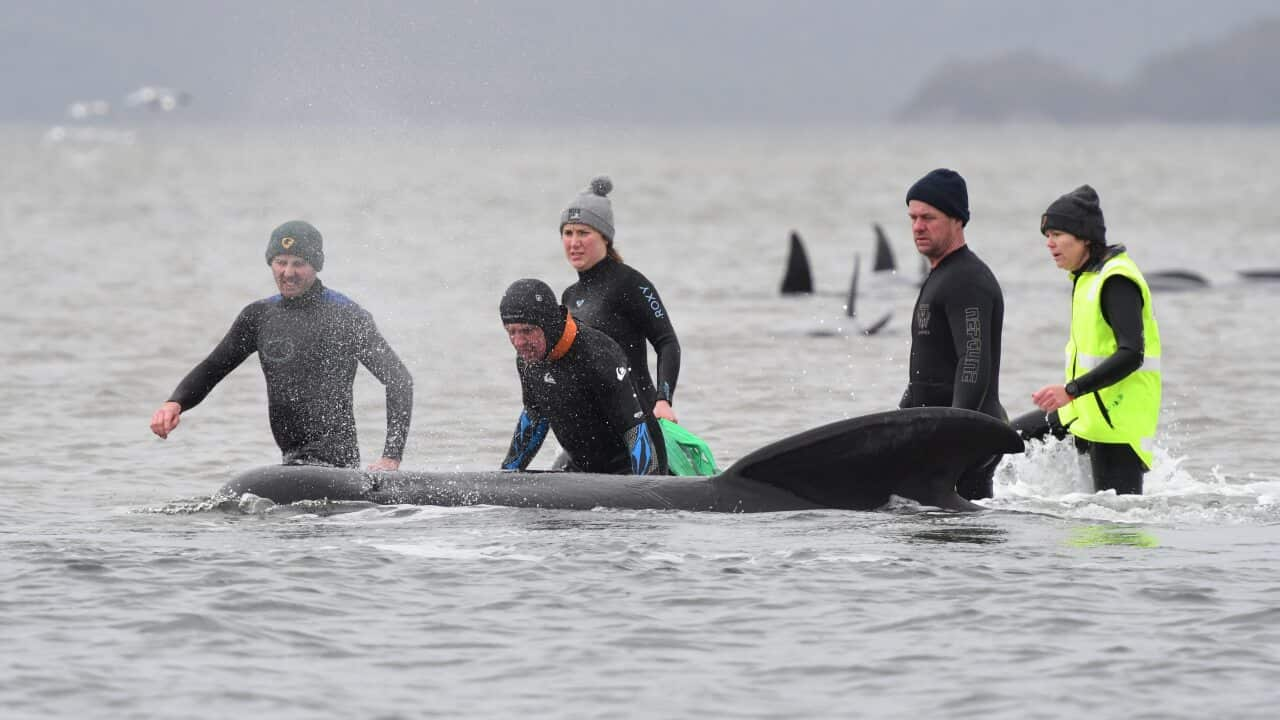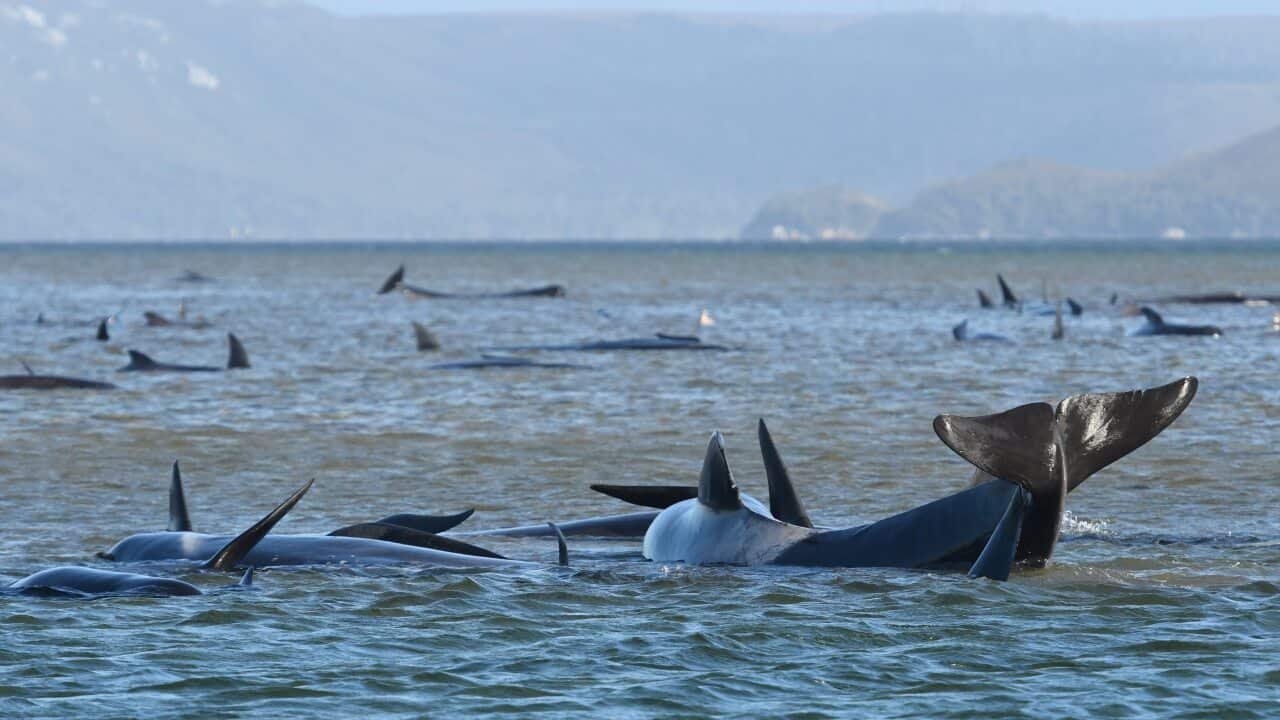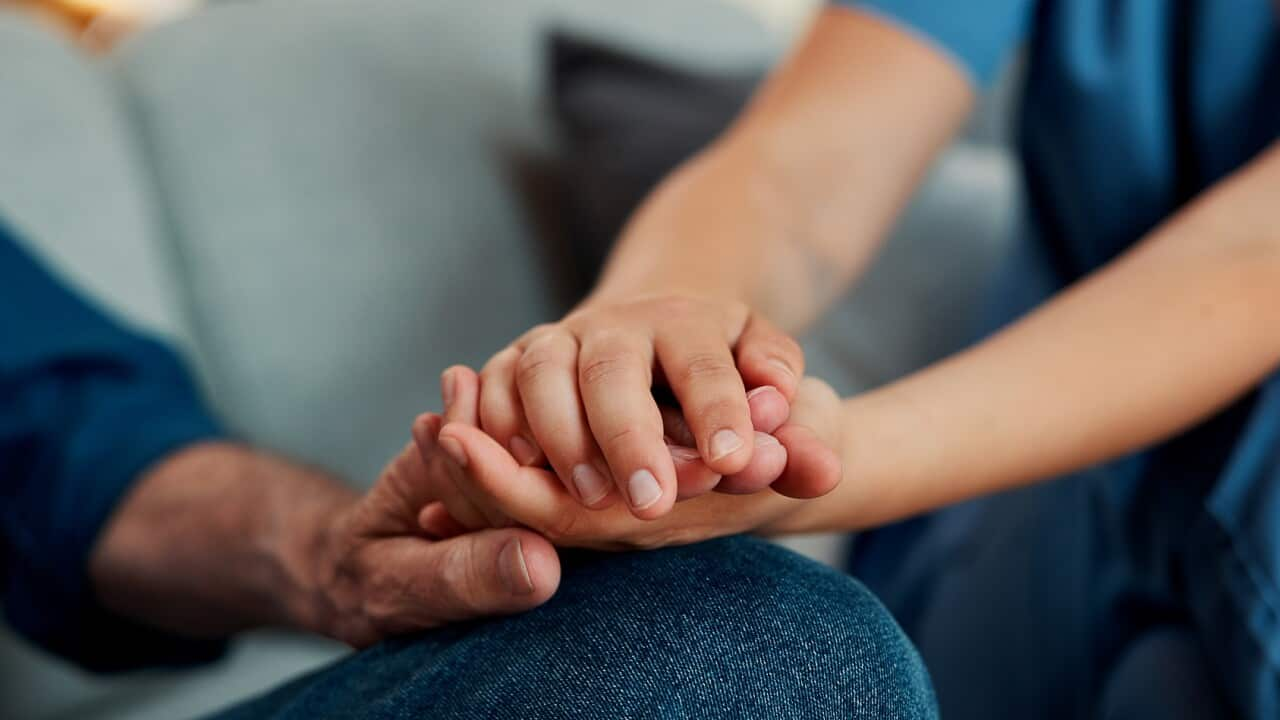Highlights
- Pilot whales are part of the family of cetaceans, have a matriarchal society and live in large pods that can include over 1,000 specimens
- The stranding in Tasmania may have been caused by the head of the pod being ill and therefore bringing the entire pod towards the beach
- There are about 110 specimens that have been released, while the authorities will have the difficult task of disposing of about 360 carcasses
As of last Monday, a large pod of about 470 pilot whales got stranded in a rather remote area on the west coast of Tasmania, near the town of Strahan. At the moment, about 110 specimens have been released while 360 have lost their lives.
Valeria Senigaglia, a researcher in Biology of Conservation at Murdoch University in Perth, says that "although they are called whales, these creatures are to all intents and purposes dolphins".
Valeria explains that these specimens take the name of pilot whale "because of the slightly larger size of the dolphin, and the fact that the pod tends to follow the pilot who dictates the movements of the group".
Regarding the causes that may have led to the stranding of the cetaceans, Valeria Senigaglia underlines that "the final cause will have to be determined by a series of investigations that will be carried out on some of the specimens, but, at the moment, the most probable cause is that the pilot was sick and thus led the entire pod to the stranding".
Many ask if human presence could have played a role in this phenomenon, but while Senigaglia has no doubt that "sometimes the sonar of the ships or submarines can confuse the cetaceans," she adds: "in this case I am not aware of any exercise carried out in that area and therefore I think I can exclude human involvement in this incident."
For those who are worried about the extinction of this species, Valeria offers some comforting words: "pilot whales are not an endangered species and live more or less everywhere around the globe."
"This was not the first episode of this kind, nor will it be the last. The problem is that we do not know where and how it will happen".
People in Australia must stay at least 1.5 metres away from others. Check your state’s restrictions on gathering limits.
If you are experiencing cold or flu symptoms, stay home and arrange a test by calling your doctor or contact the Coronavirus Health Information Hotline on 1800 020 080.
News and information is available in 63 languages at https://sbs.com.au/coronavirus






